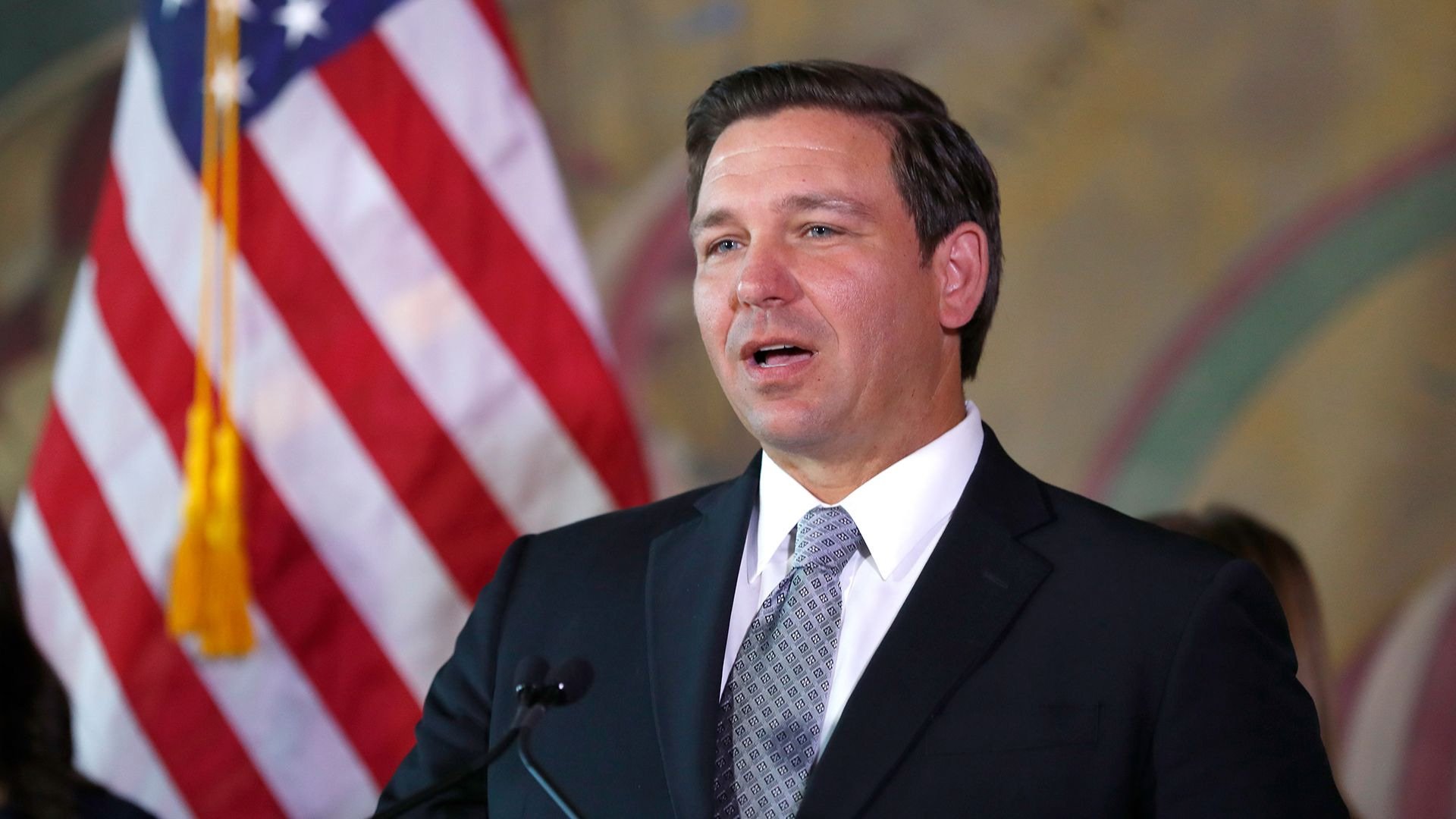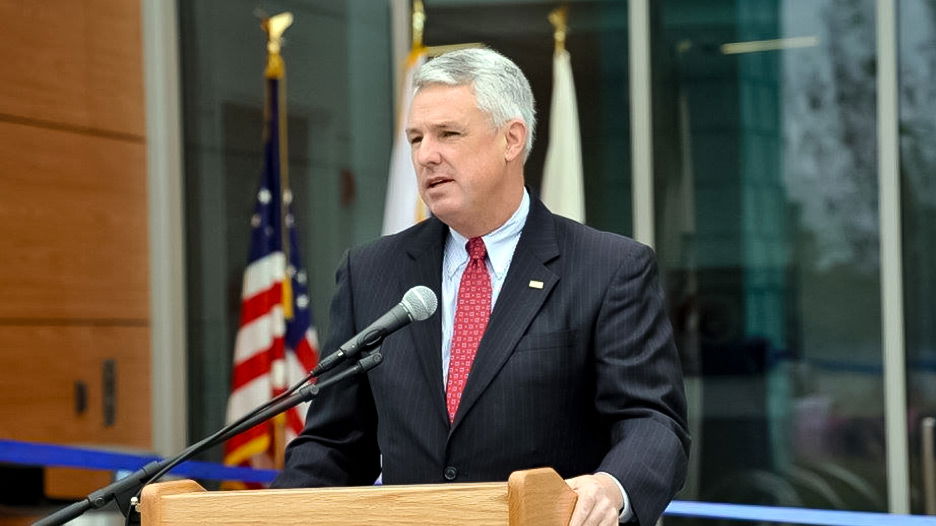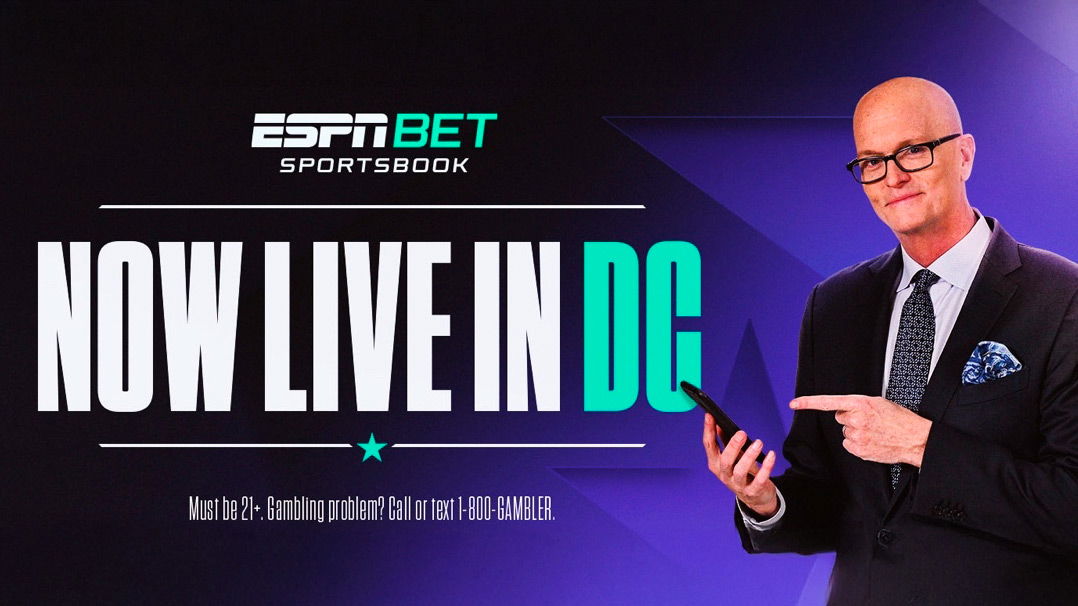Gov. DeSantis urges Florida Supreme Court to dismiss lawsuit challenging state sports betting

Florida Governor DeSantis’ office has formally requested the state's Supreme Court to dismiss the lawsuit challenging sports betting in the state, emphasizing that its opponents, betting companies West Flagler and Associates, waited too long to file, stripping their cause of the sense of urgency it requires.
The Governor's office response was submitted just before a Friday midnight deadline, reports South Florida Sun Sentinel. It highlights that the delayed lawsuit, initiated over two years post the 2021 gaming compact between the Seminoles and the state, which gave the tribe a monopoly on sports betting, lacks the necessary urgency.
The late-night court filing came three weeks after the Seminole Tribe relaunched its mobile sports betting app and days before the planned relaunch of in-person craps, roulette, and sports betting at all South Florida casinos on Thursday. No legal obstacles appear to stand in the way.
"Petitioner invoked this Court as Plan C only after their two federal-court lawsuits failed," lawyers led by Attorney General Ashley Moody argued, adding that they "offer no good excuse for the delay," as reported by the Sun Sentinel.
West Flagler is currently trying to stop sports betting via two ongoing lawsuits, one before the state Supreme Court and one before the U.S. Supreme Court.
The one before the state Supreme Court argues that the agreement between the state and the tribe defies a constitutional amendment known as Amendment 3, which requires 60% of voters to approve any expansion of casino gambling in the state. It seeks a "writ of quo warranto," a legal remedy typically used to rein in the actions of a public official, often in “extraordinary” and time-sensitive situations.
Moody argued Friday that the writ of quo warranto should not apply because of the wait. "Petitioners’ delay in filing this action, two and a half years from the compact taking effect, is unjustifiable," the response states. "Original jurisdiction over quo warranto actions is reserved for truly extraordinary circumstances, where the review of Florida’s highest court is necessary immediately, rather than as a last resort."
Other sections of the 60-plus-page response argue that the lawsuit should be dismissed because it is requesting the wrong type of action from the court in the first place. Another section focuses on the grounds of the lawsuit, that sports betting’s expansion in the state defies Amendment 3. In it, Moody argues that sports betting is not casino gambling, so the amendment should not apply.
Daniel Wallach, a national sports gambling expert and attorney brd in Hallandale Beach, pointed out on X that DeSantis’ office had previously suggested the opposite interpretation before Florida lawmakers in 2021. "Because of Amendment 3, sports betting outside of a tribal compact is unconstitutional in Florida," attorneys for DeSantis said at the time.
Moody’s response picked apart legal wording, analyzing the constitution’s use of "and" as well as the meaning of the word "typical" to argue that sports betting is not a "game typically found in casinos," added South Florida Sun Sentinel. It isn’t clear when the state Supreme Court will reach a conclusion, but some experts have theorized that the entire case could wrap up before Christmas.
The case before the U.S. Supreme Court will likely take some more time. Also on Friday, the court granted West Flagler’s request for an extension to file a writ of certiorari, pushing it from December 11 to February 8, three days before the Super Bowl.
In the meantime, many Floridians are freely placing bets on the Hard Rock Bet app. The app launched in a "limited" fashion with a waitlist for new customers, who have continued to gain access in the weeks since.
















































